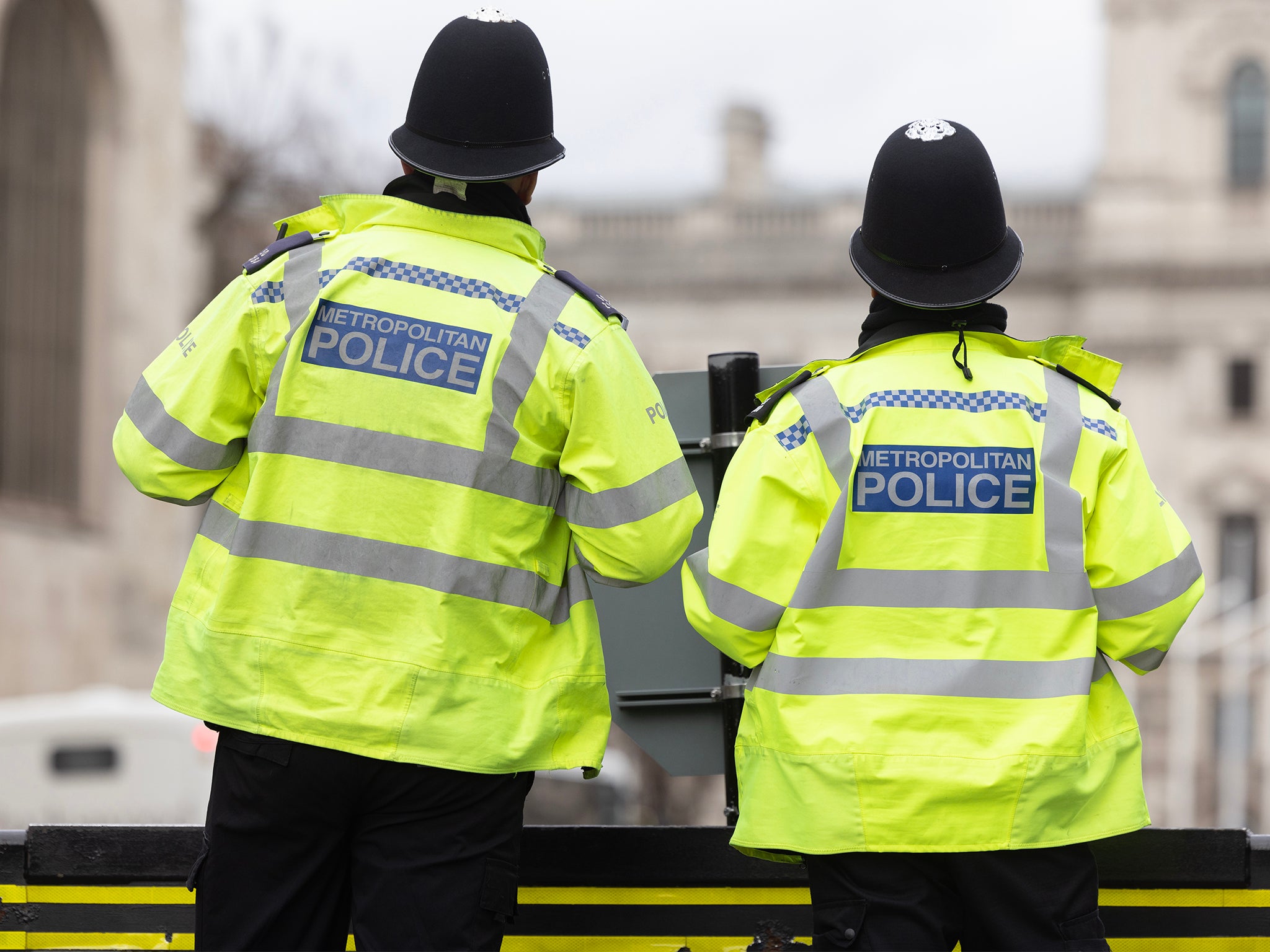‘I was duped into a fictional relationship with an undercover police officer and I want answers’
Exclusive: ‘The real problem was the managers who tasked these officers, heads of the police, security services like MI5 who were recipients of the files and directed some of the targeting,’ woman says

A woman tricked by an undercover police officer into a fictional romantic relationship has hit out at the “abuse” of power and compared the behaviour of those involved to a “gang culture”.
Lindsey, who is one of a number of women to give evidence in the Undercover Policing Inquiry, condemned the practice by “what should be a trusted institution of public servants” and argued women who were duped into relationships with officers did not “meaningfully consent”.
The political and trade union activist told The Independent she launched legal action against the Metropolitan Police seven years ago over her treatment but her case remains unresolved.
Her comments come as a heavily delayed inquiry into the conduct of a shadowy Metropolitan Police unit between 1968 to 1982 found its undercover tactics were “not justfied” and the unit should have been shut down. It is the first part of an inquiry looking at the Special Demonstration Squad (SDS) and its successor the National Public Order Intelligence Unit (NPOIU).
Lindsey, the pseudonym she has been given in the inquiry, warned “stark questions” remain about the “integrity” of both the police and their lawyers.
“We did not meaningfully consent to these relationships,” she added. “The police protect themselves and not the public – their behaviour is akin to a gang culture.”
Discussing her relationship with the undercover police officer, she recalled how she met an “approachable, intelligent, humorous and self-effacing man” in 2001 who had “attached himself to political activists” she knew.
“He arrived [using fake name] as Carlo Neri, and his enthusiasm and likeability led to his acceptance within this group, who he went out of his way to meet and befriend,” she added. “He made it clear from very early on that he was unhappily single and looking for a relationship. We were introduced and began a relationship soon afterwards, which lasted for almost a year, and had an emotional impact far longer.”
Lindsey said that even though their relationship came to a “sad end”, she long regarded it “as one of a handful of important relationships I’ve had in my life” until she learned the shocking truth about his identity in 2015.
Lindsey called for answers on the motivations behind the undercover work and called for the information still held on the women who were duped to be released.
She said: “We want to know, as a group of women and a wider group of activists, why this huge, sophisticated and expensive surveillance operation, targeting thousands of people who were working to achieve positives in our society – social, political, environmental, family justice and fair treatment for humans and animals – was encouraged to spy for almost 50 years.
“And why there are thousands of files still held on us by the police and security services. We want to see these files.”
She said she can only reach the conclusion it constitutes an endeavour “by that class of people who hold power, to retain that power – in their own interests and against the interests of us as ‘the public’”.
“The economic protection of corporations seems equally a motivating factor for this spying – and this raises the thorny question of corporate spies – a subject we are unlikely to ever find much about,” Lindsey added.
“These anti-democratic spying operations, and the abuses that resulted, were not the work of a few rogue officers – I hold some blame for the individual spies, but the real problem was the managers who tasked these officers, heads of the police, security services like MI5 who were recipients of the files and directed some of the targeting.”
She said the high number of applications for officer anonymity in the inquiry, both relating to their real and cover names was a “blow”, explaining that many had been granted anonymity.
“If we don’t even know who the officer pretended to be then we won’t know what their activities were whilst deployed,” Lindsey explained. “Years of experience has taught me that police individuals and organisations aren’t above hiding their unsavoury truths.”
The Undercover Policing Inquiry is examining serious allegations of systematic abuses by undercover policing units spanning four decades.
It was announced in 2015 by then-home secretary Theresa May after a groundswell of outrage over women being duped into sexual relationships with undercover officers, as well as the blacklisting of trade union activists, and officers using the names of dead children without getting permission from bereaved relatives.
Campaigners have uncovered at least 30 women who had relationships with officers, while undercover officers are believed to have spied on more than 1,000 predominantly left-wing activist groups from 1968 to at least 2010.
A spokesperson for the Met Police said the force acknowledged the “immense hurt and distress caused to those women who were deceived into a relationship by an undercover police officer, and we apologise for this”.
The representative added: “These sexual relationships were totally unacceptable, as well as being deceitful and wrong. We are cooperating fully with the Undercover Policing Inquiry, which will be examining this case and others like it.”
The spokesperson said they could not comment on specific cases as legal proceedings are ongoing.
Join our commenting forum
Join thought-provoking conversations, follow other Independent readers and see their replies
Comments






Bookmark popover
Removed from bookmarks